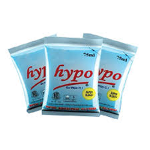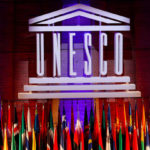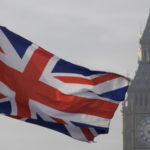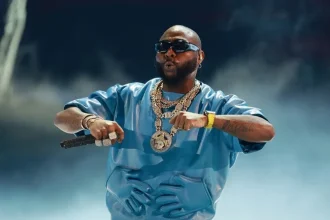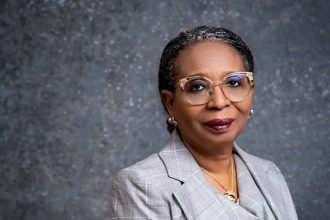Former Vice President Atiku Abubakar’s resignation from the Peoples Democratic Party on Wednesday, July 16, 2025, adds yet another chapter to a long record of political realignments.
Known for his flexibility and strategic repositioning, Atiku has switched parties multiple times over the past two decades—moves often driven by ideological rifts, power struggles, or electoral ambitions.
Here are five notable times Atiku has changed political parties and what motivated each decision:
1. PDP to Action Congress (2006)
Atiku’s first major defection came in 2006 after a public fallout with then-President Olusegun Obasanjo over succession plans. Leaving the PDP, he joined the Action Congress and contested the 2007 presidential election under the new platform. He eventually lost the race to PDP’s Umaru Musa Yar’Adua.
2. Action Congress to PDP (2009)
After a strained relationship with AC leaders, particularly Bola Ahmed Tinubu, Atiku returned to the PDP in 2009.
His comeback was aimed at reclaiming influence within the party and positioning himself for another presidential run. He contested the PDP presidential ticket in 2011 but lost to the incumbent, Goodluck Jonathan.
3. PDP to All Progressives Congress (2014)
Ahead of the 2015 general election, Atiku exited the PDP once more, this time citing internal undemocratic practices.
He joined the newly formed All Progressives Congress and sought the party’s presidential nomination.
However, he was defeated in the primaries by Muhammadu Buhari, who went on to win the election.
4. APC to PDP (2017)
In a dramatic turnaround, Atiku returned to the PDP in 2017.
He criticized the APC for failing to deliver on its campaign promises and marginalizing key stakeholders.
This defection paved the way for his successful bid to secure the PDP’s presidential ticket for the 2019 election, though he ultimately lost to Buhari.
5. PDP to New Coalition Platform (2025)
Atiku’s most recent departure from the PDP came amid internal divisions, unresolved zoning issues, and the party’s loss in the 2023 election to President Bola Tinubu.
Though he has not formally announced a new party membership, Atiku and his allies—including Peter Obi and David Mark—have adopted the African Democratic Congress as the political platform for their coalition ahead of the 2027 general election.
These strategic shifts underscore Atiku’s adaptability in navigating Nigeria’s turbulent political terrain—often aligning with parties that offer the clearest path to national leadership.



